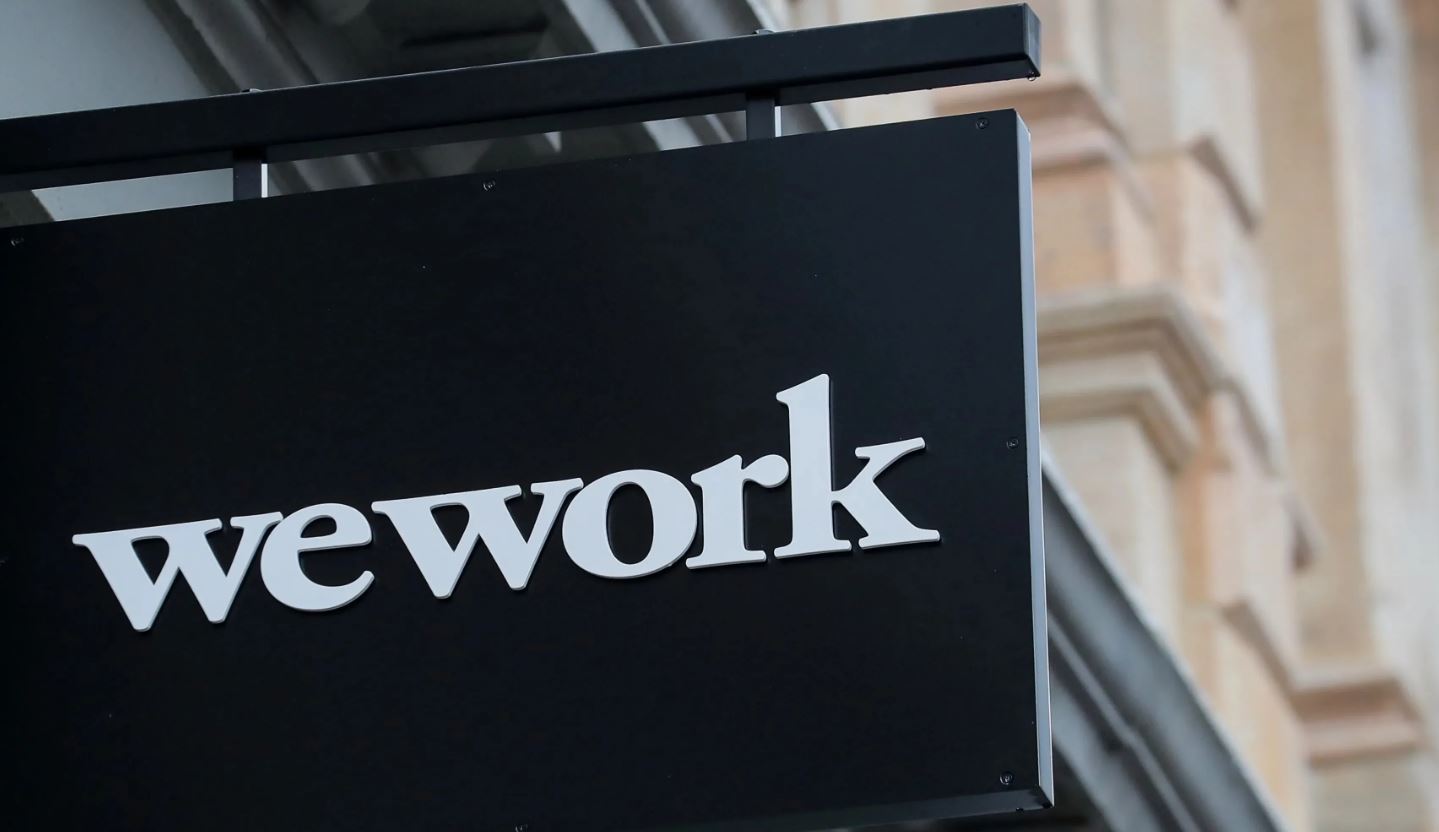
WeWork reportedly close to filing bankruptcy, stock hits rock bottom
WeWork, yet another story of a startup riding high on valuation bubble only to come crashing down , is now on the precipice of filing for Chapter 11 bankruptcy in New Jersey. This stark turn of events marks a profound shift for a company that, at its zenith, commanded a valuation of $47 billion.
According to a report by The Wall Street Journal, the startup now plans to file a Chapter 11 bankruptcy in New Jersey as early as next week. It hardly comes as a surprise, though – the flexible workspace provider had warned, in its second-quarter earnings, that “substantial doubt exists about the company’s ability to continue as a going concern.” The New York-based WeWork’s shares continued its year-long descent and dropped by 32% in extended trading to currently amount to $2.28 per share. Overall, the shares have fallen by nearly 96% this year.
WeWorks, in a filing on Tuesday, said that it was in talks with creditors about “improving its balance sheet” and taking steps to “rationalize its real estate footprint.” According to a spokesperson for the firm, the recently-made forbearance agreement with its creditors will give WeWorks the “time to continue in the positive conversations with our key financial stakeholders and engage with them to implement our ongoing strategic efforts to enhance our capital structure.” WeWorks had a net long-term debt of $2.9 billion as of June 2023, as well as over $13 billion in long-term leases.
Founded in 2010 against the backdrop of a burgeoning venture capital market, WeWork quickly gained traction as a pioneer in flexible workspace solutions. With Adam Neumann at the helm, the company experienced rapid growth, securing billions in funding and achieving staggering revenue escalations, often doubling its earnings year after year. At its pinnacle, WeWork emerged as one of the most valuable startups in the US, operating an extensive network of offices across the globe.
Soon, WeWork’s ambitions extended beyond the realm of co-working, and the company embarked on ventures such as WeGrow, an innovative private elementary school, and introduced unique residential concepts with WeLive. Additionally, it ventured into the fitness domain with Rise By We, a gym concept. These initiatives, while ambitious, showcased WeWork’s bold vision for holistic community spaces. Later, in 2019, WeWork’s attempted initial public offering (IPO) turned catastrophic, triggering widespread apprehension about the sustainability of its business model. Soon came the pandemic, which further compounded WeWork’s challenges, as businesses transitioned to working from the comfort of home. While some companies eventually returned to in-person work once the worst of the pandemic subsided, WeWork struggled to regain its pre-pandemic momentum.
WeWork grappled with mounting financial pressures, particularly concerning its substantial debt load. The company encountered difficulties in meeting its debt obligations, prompting a 30-day extension for interest payments to bondholders in October. Simultaneously, WeWork initiated discussions with pivotal stakeholders, including SoftBank and Goldman Sachs, to revamp its balance sheet and rationalize its real estate portfolio.
The company also experienced a string of high-profile executive departures, including CEO Sandeep Mathrani, exacerbating its internal turbulence. Corporate governance lapses and continuous leadership changes further undermined WeWork’s stability. This tumultuous environment contributed to the erosion of investor confidence and exacerbated the company’s financial woes. Finally, the culmination of these challenges materialized in WeWork’s announcement in August, wherein it cast doubt on its ability to continue operations as a going concern.


